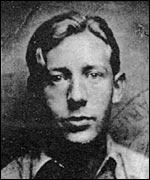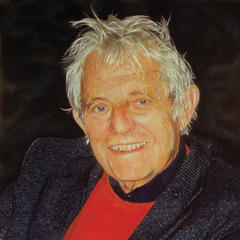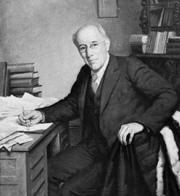Philip Sidney Quotes
"An Apology of Poetry, or The Defence of Poesy". Book by Philip Sidney, 1595.
'The Arcadia' (1590) bk. 3
What is birth to a man if it shall be a stain to his dead ancestors to have left such an offspring?
Sir Philip Sidney, Jane Porter (1807). “Aphorisms of Sir Philip Sidney: With Remarks”, p.3
Sir Philip Sidney, Jane Porter (1807). “Aphorisms of Sir Philip Sidney: With Remarks”, p.156
Fear is far more painful to cowardice than death to true courage.
Sir Philip Sidney, Jane Porter (1807). “Aphorisms of Sir Philip Sidney: With Remarks”, p.101
A fair woman shall not only command without authority but persuade without speaking.
Sir Philip Sidney, Jane Porter (1807). “Aphorisms of Sir Philip Sidney: With Remarks”, p.79
'Astrophel and Stella' (1591) sonnet 39
Philip Sidney (1873). “The Complete Poems of Sir Philip Sidney ...”, p.21
Sir Philip Sidney, Jane Porter (1807). “Aphorisms of Sir Philip Sidney: With Remarks”, p.62
Sir Philip Sidney, Jane Porter (1807). “Aphorisms of Sir Philip Sidney: With Remarks”, p.68
Sir Philip Sidney, Jane Porter (1807). “Aphorisms of Sir Philip Sidney: With Remarks”, p.23
Sir Philip Sidney (1590). “The Countesse of Pembrokes Arcadia”, p.452
Sir Philip Sidney, Jane Porter (1807). “Aphorisms of Sir Philip Sidney: With Remarks”, p.163
Courage without discipline is nearer beastliness than manhood.
Sir Philip Sidney, Jane Porter (1807). “Aphorisms of Sir Philip Sidney: With Remarks”, p.72
A dull head thinks of no better way to show himself wise, than by suspecting everything in his way.
Sir Philip Sidney, James Hain Friswell (1867). “The Countess of Pembrokes' Arcadia ... With Notes and Introductory Essay by Hain Friswell, Etc”, p.126
A true knight is fuller of bravery in the midst, than in the beginning of danger.
Sir Philip Sidney, Jane Porter (1807). “Aphorisms of Sir Philip Sidney: With Remarks”, p.72
Sir Philip Sidney, Jane Porter (1807). “Aphorisms of Sir Philip Sidney: With Remarks”, p.11
Sir Philip Sidney, Jane Porter (1807). “Aphorisms of Sir Philip Sidney: With Remarks”, p.7
They are never alone that are accompanied with noble thoughts.
Philip Sidney (1901). “The Sidneys of Penshurst”







